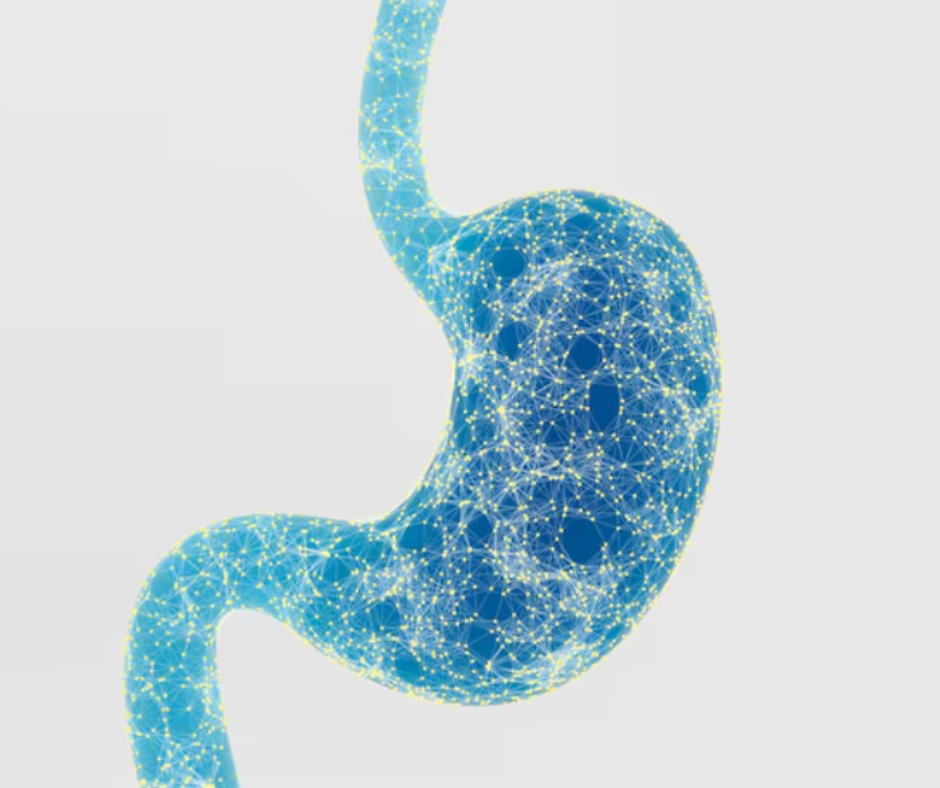Fibroscan Test for Liver-Related Diseases
- livercarecenter23
- Oct 9, 2023
- 2 min read
Liver health is crucial for overall well-being, and early detection of liver diseases is vital for effective treatment. One remarkable tool that has revolutionized the way we assess liver health is the Fibroscan. In this article, we'll delve into the details of the Fibroscan test, its significance, and how it helps in identifying and managing liver-related diseases.
What Is a Fibroscan?
A Fibroscan, also known as transient elastography, is a non-invasive and painless diagnostic tool used to measure the stiffness or elasticity of the liver. This test plays a pivotal role in assessing liver conditions such as fibrosis and cirrhosis.
How Does It Work?
The Fibroscan operates based on the principle of elastography. It sends low-frequency vibrations through the liver, and the speed at which these vibrations travel through the liver tissue is measured. Stiffer liver tissues transmit vibrations faster than healthier, softer tissues. By analyzing these results, medical professionals can determine the degree of liver fibrosis or scarring.
The Significance of Liver Elasticity
Liver elasticity is a crucial factor in understanding liver health. A healthy liver is soft and supple, while a damaged liver becomes stiff due to fibrosis or cirrhosis. The Fibroscan test quantifies this stiffness, allowing doctors to identify liver diseases in their early stages and monitor the progression of existing conditions.
Advantages of the Fibroscan Test
The Fibroscan test offers several advantages:
1. Non-Invasive
Unlike traditional liver biopsies, the Fibroscan test is entirely non-invasive, eliminating the need for needles or incisions.
2. Swift Results
Results from a Fibroscan test are typically available immediately, enabling healthcare providers to make prompt decisions regarding patient care.
3. Accuracy
Fibroscan results provide highly accurate insights into liver health, aiding in the diagnosis and assessment of liver diseases.
4. Repeatability
The Fibroscan test can be performed regularly to monitor changes in liver stiffness, making it a valuable tool for tracking disease progression.
5. Reduced Anxiety
Patients often experience less anxiety when undergoing a Fibroscan, as it is a painless and quick procedure.
FAQs about the Fibroscan Test
Q: What conditions can a Fibroscan detect?
A Fibroscan is primarily used to detect liver fibrosis and cirrhosis. It can also assess liver steatosis (fatty liver) and inflammation.
Q: Is a Fibroscan painful?
No, the Fibroscan test is entirely painless and does not require needles or anesthesia.
Q: Are there any risks associated with a Fibroscan?
The Fibroscan test is considered safe, with minimal risks. It is suitable for most patients, including those with liver diseases.
Q: How long does a Fibroscan test take?
A typical Fibroscan procedure takes approximately 10-15 minutes, making it a quick and convenient test.
Q: Can anyone undergo a Fibroscan?
Yes, the Fibroscan test is suitable for most individuals, including those with obesity, ascites, or narrow intercostal spaces.
Q: Are there any dietary restrictions before a Fibroscan?
There are typically no specific dietary restrictions before a Fibroscan test. However, it's advisable to follow any instructions provided by your healthcare provider.
Conclusion
In conclusion, the Fibroscan test is a groundbreaking diagnostic tool that has transformed the way we assess liver health. Its non-invasive nature, speed, and accuracy make it an invaluable asset in the field of medicine. Regular health check-ups and early detection of liver issues can significantly improve overall well-being. If you have concerns about your liver health, consider discussing the Fibroscan test with your healthcare provider to ensure early detection and appropriate management.



Comments